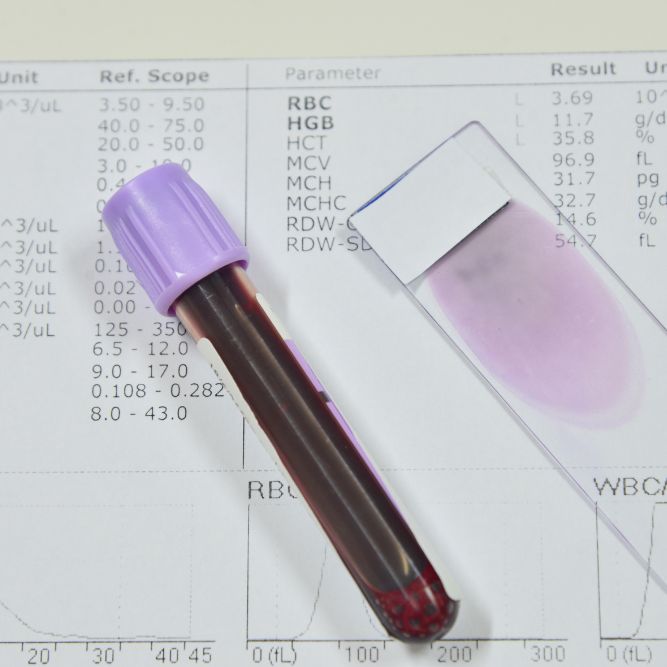
You may have previously heard of a Full Blood Count test, or had one completed by your doctor or in a hospital.
But what is a Full Blood Count blood test? What is it looking for and what are the benefits of taking a full blood count test?
What is a full blood count test?
A Full Blood Count test, also known as a Complete Blood Count (CBC) or FBC test, is a standard blood test that measures different types of blood cells present in the body. This test is typically used to assess overall health and identify potential health issues that may be causing symptoms.
During an FBC, a sample of your blood is taken and analysed in a laboratory. The test measures different biomarkers, including red blood cells, white blood cells, and platelets, as well as the levels of haemoglobin and haematocrit.
What is checked during a Full Blood Count blood test?
A FBC test with Goodbody Clinic will provide 15 different checks on the main elements of your blood. Other FBC tests may vary depending on what is required and where it is being offered.
The main biomarkers typically checked in a Full Blood Count blood test include:
- Red blood cells (RBCs): These are responsible for carrying oxygen from the lungs to other parts of the body. The FBC test measures the number of RBCs present in the blood and their size and shape.
- White blood cells (WBCs): These cells are responsible for fighting infections and diseases in the body. The FBC test measures the number and types of WBCs present in the blood.
- Haemoglobin (Hb): Haemoglobin is a protein found in RBCs that carries oxygen from the lungs to other parts of the body. The FBC test measures the level of haemoglobin in the blood, which can indicate the body’s ability to transport oxygen.
- Haematocrit (Hct): Haematocrit is a measure of the proportion of RBCs in the blood. A low haematocrit level may indicate anaemia, which can be caused by a lack of iron or other nutrients.
- Neutrophils: These are the most common type of WBCs, and they play a crucial role in fighting bacterial infections.
- Lymphocytes: These are another type of WBCs that help the body fight viral infections and other diseases.
- Monocytes: Monocytes are also a type of WBC that play a role in fighting infections.
- Eosinophils: These are a type of WBCs that help the body fight off parasites and allergies.
- Basophils: Basophils are the rarest type of WBCs, and they help the body respond to allergens and other inflammatory agents.
What are the most common symptoms of blood cell disorders?
Symptoms experienced will vary depending on the type of blood cell disorder you have, and may also be a sign of other health conditions.
Common symptoms of red blood cell disorders such as Anaemia and Thalassemia are:
- fatigue and extreme or persistent tiredness
- heart palpitations or a fast, fluttering heartbeat
- trouble concentrating
- feeling weak in your muscles
- shortness of breath
Common symptoms of white blood cell disorders such as Leukaemia or Lymphoma are:
- chronic infections and illness
- unexplained weight loss
- fatigue and persistent tiredness
- generally feeling unwell or under the weather
Common symptoms of platelet disorders such as Haemophilia, which are usually genetically inherited are:
- blood that doesn’t clot when you have an injury
- skin that easily bruises and takes a long time to disappear
- cuts or sores that don’t heal, or heal very slowly
- unexplained nosebleeds or bleeding gums
There are many types of blood cell disorders that can greatly affect your overall health and if you are concerned you must speak to a medical professional for further advice and testing.
What are the benefits of taking a Full Blood Count test?
A blood count blood test can provide valuable information about your overall health and help identify potential health issues that may be causing symptoms.
By measuring the different biomarkers in the blood, an FBC test can help diagnose conditions such as anaemia, infections, leukaemia, and other blood disorders. These may be genetic, or have developed over time. They can also be very serious, such as blood cancers which need to be diagnosed and treated as quickly as possible.
Full Blood Count tests can also be used to help monitor the progress of treatment for these conditions.
Can I take a FBC test with Goodbody Clinic?
Yes, you can take a full blood count test with Goodbody Clinic. Our nationwide network of clinics and phlebotomists can take a small sample of blood from you which will be analysed by a leading UK laboratory for accurate, fast results in just 3-5 days.
Your results report will show you the results for each of the individual biomarkers, along with an explanation and personalised commentary from a professional GP to explain the results in more detail.
Find out more and book your test online via our Full Blood Count Blood Test page.

